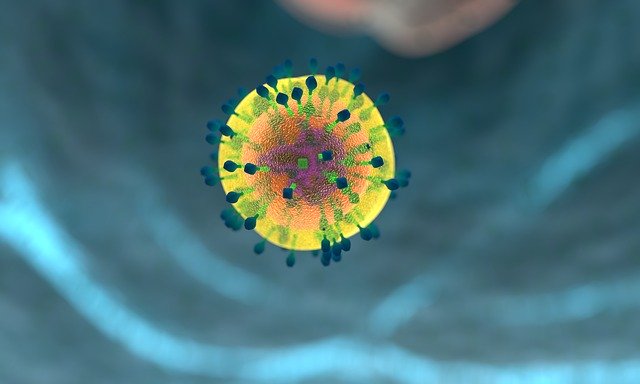A new study examines whether testing positive for COVID-19 has any effects on the placenta.
The placenta is a vital organ in fetal development. It is the first organ that forms, and it delivers oxygen and nutrients to the growing fetus from the mother’s blood. It also removes carbon dioxide and waste products, essentially acting as lungs for the fetus. Finally, it secures the fetus to the uterine wall and plays a role in the hormone changes that occur during pregnancy.
Despite the many functions of the placenta, reduced placenta function does not necessarily result in negative outcomes for the baby. Babies are generally born completely healthy even with reduced placenta function. However, looking at the health of the placenta after birth can often help determine what happened to the baby during pregnancy.
COVID-19 continues to be a global issue, and although the majority of cases are mild, the effects of the virus during pregnancy are unknown. However, fetuses during the influenza pandemic of 1918-1919 had increased rates of cardiovascular disease and lower incomes later on in life. For this reason, early research is important to determine the effects of COVID-19 on pregnancies and prevent these negative outcomes. To begin examining this, a study was performed on how COVID-19 affects the placenta, and the findings were published in the American Journal of Clinical Pathology.
The study group included 16 women who tested positive for COVID-19 during their pregnancy and delivered their babies between March 18, 2020, and May 5, 2020. Four of the women tested positive for the virus prior to delivery, and the rest tested positive upon delivery. Five of the women never developed symptoms. After delivery, their placentas were analyzed and examined for markers including blood flow and inflammation. These results were compared to a control group of historical placental examinations of women who did not have COVID-19 during their pregnancy.
Of the 16 live births in the study group, 15 healthy babies were born in the third trimester and 14 of these were born with normal birth weights. One of the women had a miscarriage in the second trimester, and it was unknown whether it was related to the virus. There was no increase in visible inflammation in the study group compared to the control group.
However, the placentas of the patients who tested positive had increased rates of maternal vascular malperfusion and intervillous thrombi. Malperfusion is an abnormality of the placental blood vessels that results in a lack of blood flow to the fetus, and intervillous thrombi is the presence of blood clots in the placenta. Although placentas of infected women showed some abnormalities, the babies were born healthy.
The results of this study suggest that COVID-19 could potentially have negative implications for placental development. More research is needed to validate this, as only 16 patients were examined. It is important to note that this doesn’t seem to affect the infants born in the study, but it suggests that close monitoring of pregnant women with COVID-19 is necessary.
References:
Gude, N. M., Roberts, C. T., Kalionis, B., & King, R. G. (2004). Growth and Function of the Normal Human Placenta. Thromb Res, 114(5-6), 397–407. doi: 10.1016/jthromres.2004.06.038
Placentas from COVID-19-positive pregnant women show injury. (2020, May 22). Retrieved May 25, 2020, from https://www.eurekalert.org/pub_releases/2020-05/nu-pfc052220.php
Shanes, E. D., Mithal, L. B., Otero, S., Azad, H. A., Miller, E. S., & Goldstein, J. A. (2020). Placental Pathology in COVID-19. American Journal of Clinical Pathology. doi: 10.1093/ajcp/aqaa089
Image by allinonemovie from Pixabay



